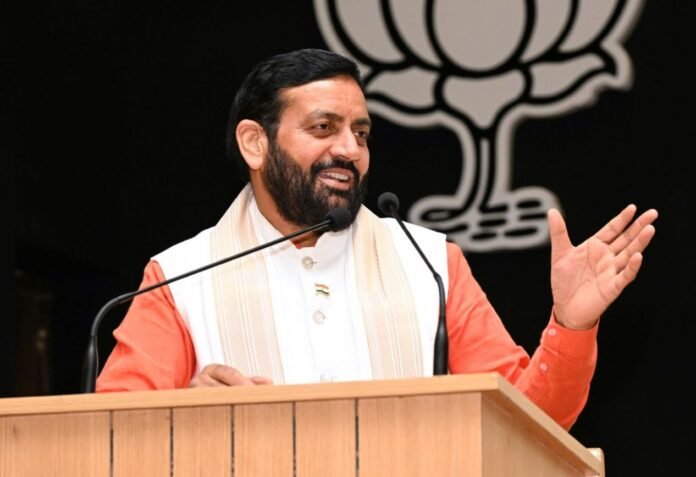In a landmark decision poised to benefit thousands of residents across the state, the Haryana government has officially approved the regularisation of 110 unauthorized colonies located outside municipal limits. The move, announced earlier this week following a cabinet meeting chaired by Chief Minister Nayab Singh Saini, is being hailed as a game-changer for middle- and lower-income households who have long lived in legal limbo—without access to basic civic services, property rights, or infrastructure development.
This decision is part of a broader administrative push by the Saini-led government to expand urban inclusion and address the persistent gaps between planned and unplanned development. Over the years, unauthorized colonies—often formed through informal land deals and lacking proper zoning—have proliferated on the peripheries of cities and towns across Haryana. These settlements have typically struggled with issues such as irregular electricity supply, poor drainage, lack of schools, and an absence of legal ownership documents.
With this new regularisation framework, the government is signaling a shift towards reconciliation rather than demolition—transforming what were once considered illegal encroachments into integrated, revenue-generating neighborhoods. According to the urban development department, residents of these colonies will now be eligible to apply for registry of their plots, get access to municipal services, and receive approvals for home construction or renovation under existing building codes.
Chief Minister Nayab Saini emphasized that this initiative reflects his government’s commitment to equitable urban growth. “Development should not be exclusive. Every citizen, regardless of where they live, deserves access to clean water, electricity, safe housing, and legal protection,” he said while addressing reporters. He added that this measure would particularly benefit small traders, working-class families, and rural migrants who had moved to urban areas in search of better opportunities but found themselves excluded from formal planning systems.
The move has drawn praise from both real estate observers and social welfare advocates. Experts point out that regularising unauthorized colonies helps the government expand its tax base, reduce environmental hazards linked to unregulated construction, and ease urban congestion by distributing infrastructure development more evenly. At the same time, it boosts the property value and legal confidence of residents who have, until now, lived under constant threat of eviction or neglect.
However, critics within the opposition have raised concerns about potential political motivations behind the timing of this decision. With local body elections and the 2025 state assembly polls on the horizon, some allege that the regularisation is designed to consolidate urban voter blocks, especially in fast-growing districts like Gurugram, Faridabad, Karnal, and Hisar. They argue that while the move offers short-term relief, it risks encouraging future illegal developments if strict building norms and monitoring are not enforced.
In response, CM Saini clarified that regularisation does not equate to amnesty for developers or unauthorized expansion in the future. “This is a one-time corrective measure, not a loophole,” he stated firmly. The government also plans to deploy a special monitoring cell to oversee the implementation process and prevent further illegal constructions. The Urban Local Bodies Department has been tasked with creating digitized colony maps, conducting infrastructure audits, and identifying funding requirements for service delivery in newly regularised areas.
On the ground, the decision has been met with celebration by many. In settlements like Sector 56 in Gurugram and New Krishna Colony near Rohtak, residents gathered to light diyas and distribute sweets, calling the move a “second independence.” For families that have waited decades to gain legal recognition of the homes they built brick by brick, the announcement is not just administrative—it is deeply personal.
As Haryana continues to urbanize rapidly, striking a balance between planned growth and humane policy remains a formidable challenge. With this step, the Saini government has sent a message that inclusive urban governance is not only possible but necessary. The real test, however, will lie in execution—ensuring that promises on paper translate into lasting change on the ground.
#HaryanaUrbanDevelopment #UnauthorizedColonies #NayabSinghSaini #HaryanaCabinet #UrbanInclusion #RegularisationPolicy #HousingRights #HaryanaPolitics #InclusiveGovernance #MunicipalReform
This is web generated news web report.




